Don't wanna be here? Send us removal request.
Text
some of y’all need to learn more compassion for adults who are severely mentally ill or disabled… like schizophrenics who still depend on their family members and probably always will have to, autistic people who live in group homes, people with bipolar disorder who attend partial inpatient programs, etc…. people who couldn’t get college degrees, who can’t work. not everyone is like you.
88K notes
·
View notes
Text
you are not a burden.
mental illness is. chronic pain is. prejudice is. hate is. harm is.
but you, you are not a burden. the things you endure are the burdens.
4K notes
·
View notes
Text
Hello.
The post speaks for itself. Be kind to people, no matter what disorder they have.
TC
Types of reactions when you tell people you’re schizophrenic.
The ignorant one: “So… schizophrenia? Do you mean you’ve got like, a second evil personality?” This person has a completely incorrect idea of what schizophrenia is that they’re very unwilling to give up.
The scared one: “Schizophrenics… aren’t they dangerous? Have you hurt someone? Are you violent? Should I be scared, haha?” This person will likely change their behavior towards you after hearing about your diagnosis and will generally do their best to keep their distance.
The fascinated one: “Wow, that’s SO interesting… What’s it like? Do you hear voices? What do they say? Are they saying something about me?” This person will treat you as a human science experiment and will ask you a 100 invasive questions about your illness if they get the chance.
The edgy one: “We’re all a little crazy… I’ve got a pretty dark mind too, haha. Normal people scare me, you get what I mean?” This person will act like their fascination with serial killers and horror movies somehow equals being schizo spec.
The incredulous one: “But you really don’t LOOK schizophrenic… You seem completely normal to me? I mean, I’m pretty sure I would have noticed if you had something like that. I’m pretty sure you don’t have that, actually. If you do have it you must be very high functioning, right?” This person seems to think that mental illness is immediately visible to everyone and will likely continue to invalidate you if you don’t fulfill all the horror movie stereotypes.
The spiritual one: “But what if it’s actually demons or ghosts or gods? What if you really have special powers? What if you can see everything as it really is and I’m actually the crazy one?” This person will treat your delusions and hallucinations as interesting thought experiments or as props for their own spiritual beliefs with zero regards for how their “interesting theories” might affect your mental health.
The one you should aim to be: “Thanks for trusting me enough to tell me this. What’s having schizophrenia like for you? Is there anything I can do, don’t do or do differently to make things easier on you?” This person may not know much about schizophrenia, but they are willing to listen, learn and do their best to support you.
2K notes
·
View notes
Text
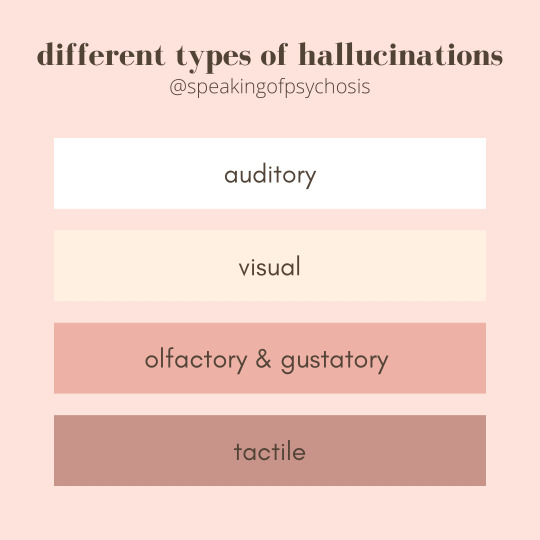
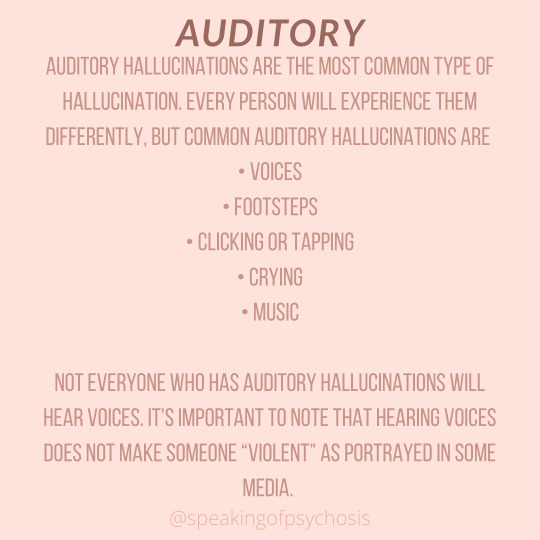
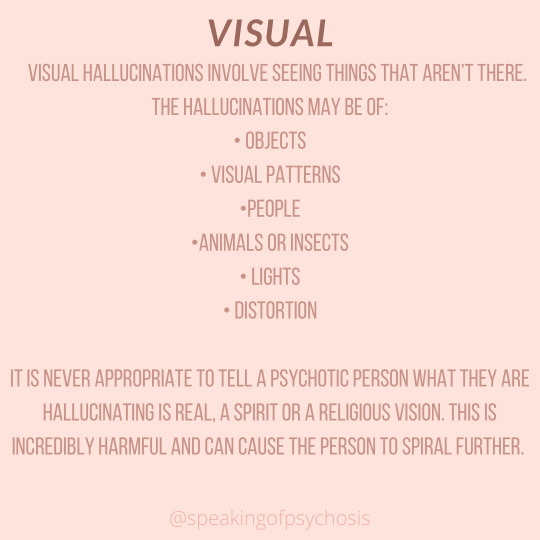
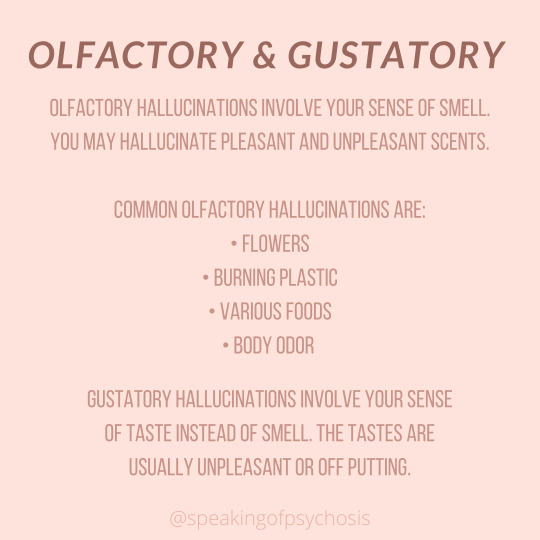
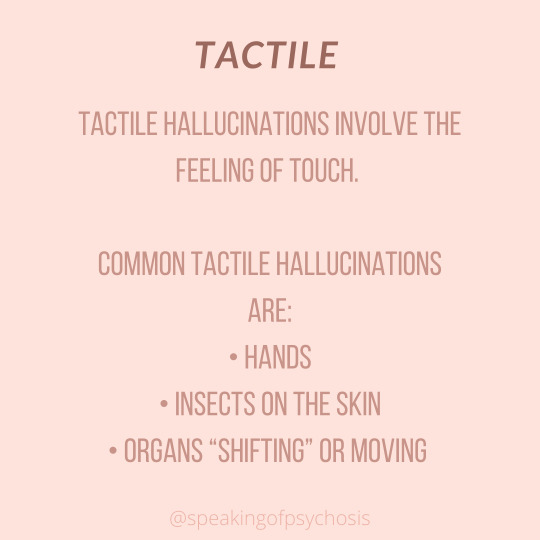
5K notes
·
View notes
Text
Hello.
This goes for most mental disorders, probably physical ones too.
Try to learn a lot about it. Whatever it is.
It will make you feel more normal in your innormality.
Before I knew my oddities were explained by my diagnosis, I felt like a freak. Before I knew I do this because of that, I thought I would never be normal.
Learn yourself. Read, talk to people, ask questions. Know what you are.
TC
0 notes
Text
Hello.
I agree with this post very much.
My friends often make jokes about hallucinations, and it is unsettling for me. I have not told any of them that I suffer from hallucinations, and I don't plan on doing so. It is not their fault that they are upsetting me, as they don't know they're doing it.
It is, however, a bit of an insensitive joke to make, just as OP said.
Thank you for making this post, it was very well said.
TC
not a fan of the pharse "oh thank god its real I thought I hallucinated it" when said by nonpsychotics. false memories arent hallucinations, and if you arent someone who actually hallucinates dont speak on it cause you dont know what youre talking about and it shows. people will also pair that pharse with sentiments like "I thought I was crazy", thus furthering the harmful stereotype that people who hallucinate are crazy. and they always seem to be relieved or even overjoyed that they are not hallucinating, which is strange if you arent even someone who does hallucinate and have experienced the struggle. to me it feels like someone who has been rich all their life saying "oh thank god im not poor".
87 notes
·
View notes
Text
Hello. I made a blog because the tappers were getting me upset.
I will talk about psychosis and share advice.
Please tell me what to do, I'm not good at social media.
TC
0 notes